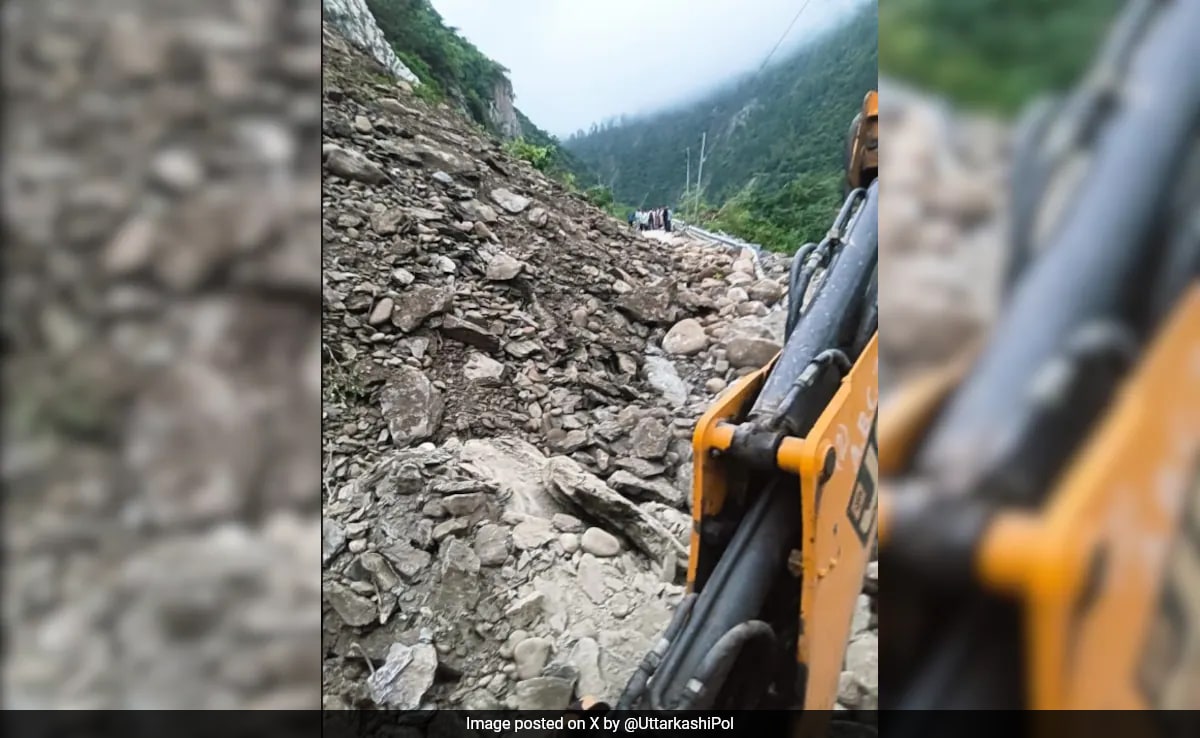ARTICLE AD BOX
Last Updated:August 21, 2025, 07:30 IST
The panel also recommended an inter-ministerial strategy to address India’s cancer burden

The 163rd report of the Rajya Sabha committee on petitions, which examined a plea praying for making cancer treatment affordable and widely available, highlighted that 'cervical cancer is the most common cancer among women in India, and the Human Papillomavirus (HPV) vaccine has proven effective in its prevention'. Representational pic
A parliamentary standing committee has called for faster rollout of the Human Papillomavirus (HPV) vaccine, noting that the cervical cancer-preventing jab for girls aged 9-14 years is yet to reach most states.
The 163rd report of the Rajya Sabha committee on petitions, which examined a plea praying for making cancer treatment affordable and widely available, highlighted that “cervical cancer is the most common cancer among women in India, and the Human Papillomavirus (HPV) vaccine has proven effective in its prevention".
“Recognising this, the Union Budget 2024 prioritised the phased introduction of the vaccine, with the National Technical Advisory Group on Immunisation (NTAGI) recommending its inclusion in the Universal Immunisation Programme (UIP) for girls aged 9–14 years," it said.
However, the panel noted that rollout has so far begun only in Sikkim and Bihar, and the vaccine is yet to be integrated into the national immunisation schedule. “The Committee, therefore, strongly recommends expediting the inclusion of the HPV vaccine in the UIP across all States and Union Territories to significantly reduce cervical cancer incidence and improve women’s health outcomes," the report said.
The panel said the delay highlights broader shortcomings in cancer prevention. With screening rates remaining low, it urged the government to scale up the national screening programme, especially in areas with limited access to healthcare.
Campaigns, it said, should be tailored to specific regions rather than generalised, and supported by non-government organisations that understand local realities. To break the stigma, it suggested involving “services of celebrities, especially celebrity cancer survivors", in awareness drives.
‘Need to make more drugs affordable’
While the panel acknowledged government efforts to make cancer drugs affordable, it pointed out that the number of medicines under price control has risen from 40 in 2011 to 63 in 2022. However, many remain outside the regulatory net. “The Committee strongly recommends that the government undertake urgent measures to expand the scope of the Drug Price Control Order (DPCO) to include the widest possible range of cancer drugs," it said.
It suggested regular market assessments to track prices, a robust oversight mechanism to plug gaps in regulation, and stronger quality checks on generic drugs, noting that many are not WHO-GMP certified, which discourages doctors from prescribing them.
‘Gaps in infrastructure and workforce’
The committee underlined the need to strengthen cancer care capacity at the district level. It stated that doctors in primary and secondary care centres should be upskilled through training programmes, while nurses and technicians also require enhanced skills to support cancer treatment.
The report flagged the shortage of radiotherapy facilities, noting that critical equipment is largely imported, making treatment unaffordable for many patients. “The Committee notes that radiotherapy infrastructure in the country remains underdeveloped… In particular, the domestic manufacturing of PET scan equipment must be prioritised," it said.
Access to diagnostics, particularly in rural India, was also identified as a major gap. The panel called for more diagnostic centres and cancer hospitals to be established with government support, private investment, and PPP models.
‘Need better data and surveillance’
The committee stated that reliable data are crucial for cancer control, but the National Cancer Registry Programme currently covers only 18% of the population. It said declaring cancer a notifiable disease nationwide would strengthen reporting and surveillance.
“Given India’s rising cancer burden, the Committee is of the view that declaring cancer notifiable would ensure systematic reporting, generate real-time and credible data, strengthen surveillance, and enable evidence-based policymaking," the report stated.
While some states already mandate notification, a national framework would bring uniformity, it added.
The panel also called for an inter-ministerial strategy to address India’s cancer burden. Beyond tobacco, the report noted that carcinogens in air, water, pesticides and fertilisers are significant contributors. “Since these issues span over multiple Ministries, the Committee recommends a coordinated inter-ministerial strategy—particularly between Health, Environment, and Agriculture—to address environmental risk factors," it said.

Himani Chandna, Associate Editor at CNN News18, specialises in healthcare and pharmaceuticals. With firsthand insights into India's COVID-19 battle, she brings a seasoned perspective. She is particularly pass...Read More
Himani Chandna, Associate Editor at CNN News18, specialises in healthcare and pharmaceuticals. With firsthand insights into India's COVID-19 battle, she brings a seasoned perspective. She is particularly pass...
Read More
- Location :
- First Published:
August 21, 2025, 07:30 IST
News india Parliamentary Panel Calls For Faster HPV Vaccine Rollout, Stronger Cancer Control Measures
Disclaimer: Comments reflect users’ views, not News18’s. Please keep discussions respectful and constructive. Abusive, defamatory, or illegal comments will be removed. News18 may disable any comment at its discretion. By posting, you agree to our Terms of Use and Privacy Policy.
Read More



.png)
.png)
.png)
















 3 hours ago
3
3 hours ago
3









 English (US) ·
English (US) ·